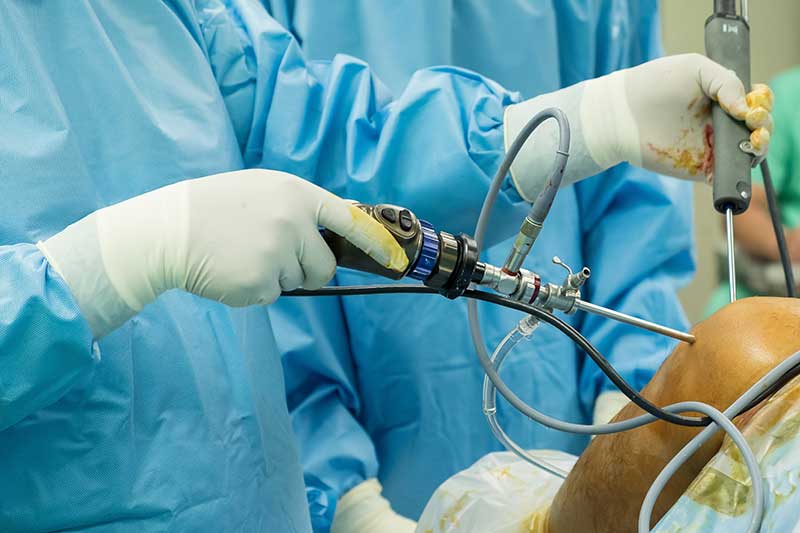Piles, commonly known as haemorrhoids, can cause discomfort and anguish for people who have them. Swollen blood vessels in the rectum or anus can produce a variety of symptoms, including itching, bleeding, and intestinal discomfort. The good news is that Piles Treatment in Zirakpur can give relief and aid recovery.
Learning About Piles
Piles are inflamed and enlarged blood vessels that can form inside or around the anus and rectum. They are classified as internal (within the rectum) or external (outside the rectum). Chronic constipation, intestinal straining, pregnancy, and a sedentary lifestyle can all contribute to their formation. Understanding the kind and severity of your piles is critical for identifying the best treatment option.
Changes in Lifestyle
Certain lifestyle adjustments might be useful for minor symptoms of piles. These include increasing your fibre intake, consuming plenty of water, and avoiding extended restroom use. Simple modifications like these can help ease symptoms and prevent the issue from worsening.
Medications
In rare circumstances, your doctor may advise you to use drugs to treat piles. Stool softeners and fibre supplements can assist to smooth bowel motions and relieve tension. Non-prescription pain medications might also help you feel better. However, before using any drug, it is critical to speak with a healthcare practitioner to confirm that it is safe and suitable.
Procedures that are as minimally invasive as possible
When lifestyle modifications and drugs are ineffective, less invasive treatments may be explored. Rubber band ligation is one such method in which a short rubber band is wrapped around the base of an internal hemorrhoid to cut off its blood supply, causing it to shrink and fall off. Sclerotherapy, in which a chemical solution is injected into the hemorrhoid to shrink it, is another possibility.
Surgical Alternatives
Surgical surgery is usually reserved for serious piles that have failed to respond to conventional therapies. Hemorrhoidectomy is a surgical treatment that removes haemorrhoids. Traditional surgery as well as newer treatments such as stapled hemorrhoidopexy (PPH) are used to execute a hemorrhoidectomy. Based on your situation, your doctor will choose the best course of action.
Prevention and Post-Treatment Care
Following piles treatment, it is critical to follow post-treatment care guidelines in order to promote healing and prevent recurrence. This may involve eating a high-fiber diet, staying hydrated, and avoiding intestinal straining. Exercise on a regular basis can also help avoid constipation and enhance overall gut health.
The Way Forward
Piles, while inconvenient and even painful, are a curable ailment. Treatment options for piles range from lifestyle changes and topical therapies to minimally invasive procedures and surgery. Understanding the nature and severity of your piles, seeing a healthcare professional Amcare, and following their suggestions for care and prevention are the keys to successful treatment. Relief and recovery from piles are possible with the appropriate technique, allowing you to regain your comfort and quality of life.




